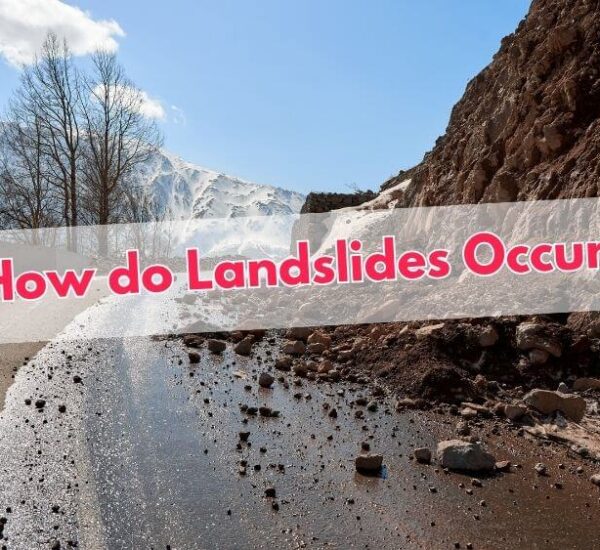Water pollution can have a devastating impact on aquatic life. It can lead to the death of fish, reduce the population of aquatic plants, and disrupt the entire ecosystem. Chemical pollutants can poison fish, while excess nutrients can lead to algal blooms that deplete oxygen levels in the water, causing fish and other aquatic organisms to suffocate. Overall, water pollution can lead to a decline in biodiversity and a degradation of aquatic habitats.
MCQs
1. How does water pollution affect biodiversity in aquatic environments?
A) Increases biodiversity
B) Decreases biodiversity
C) Has no impact on biodiversity
D) Improves biodiversity
2. What can water pollution cause in aquatic life?
A) Increase in food sources
B) Disruption of food chains
C) Healthy habitats
D) Protection from predators
3. Why is it important to protect water sources from pollution?
A) To increase pollution levels
B) To reduce biodiversity
C)To harm aquatic life
D) To ensure the health and survival of aquatic life
4. What can exposure to harmful chemicals and toxins from water pollution lead to in aquatic life?
A) Improved health
B) Increased biodiversity
C) Harm and health issues
D) Extinction
Fill in The Blanks
Choose from These Words: oxygen, toxic, habitats, aquatic.
1. Water pollution can lead to a decrease in __________ levels in the water, which can suffocate fish and other organisms.
2. Pollutants like chemicals and heavy metals can be __________ to aquatic life, causing sickness and even death.
3. Water pollution can disrupt the natural __________ of organisms, leading to a decline in biodiversity.
4. Overall, water pollution poses a serious threat to the health and survival of __________ life.
True / False
1. Water pollution does not affect aquatic life (True / False)
2. Trash and oil are not considered pollutants in water (True / False)
3. Protecting water sources and keeping them clean is not important for aquatic life (True / False)
4. Chemicals in water do not have any impact on aquatic life (True / False)
Read More:





